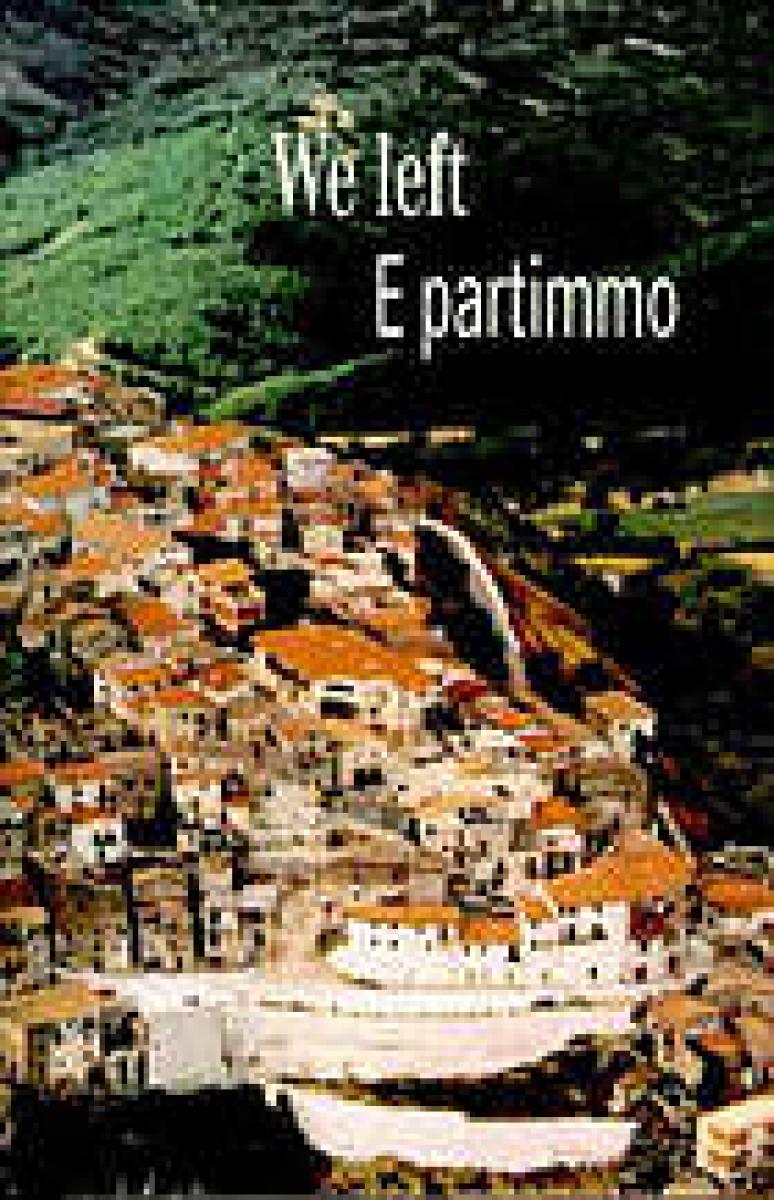Back to Bonegilla Migrant Camp Gathering - 2-3 November 2018
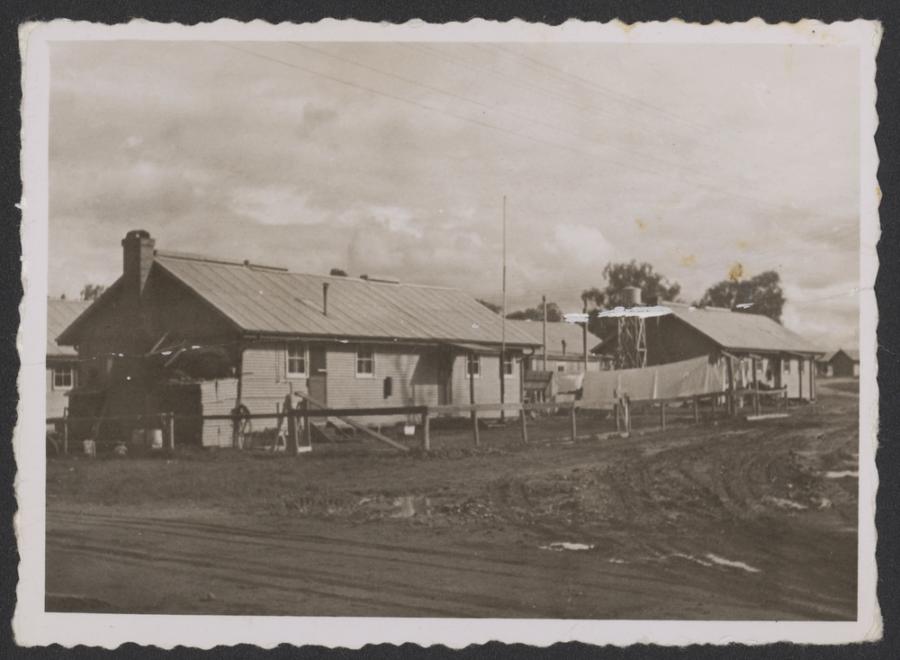
Watching Jimmy Barnes' personal story of his dire early days as a child migrant in Elizabeth, South Australia, (Working Class Boy) reminded me that many family histories in Australia commence with relatively recent arrivals - in the middle of last century after WW2 - rather than with early pioneers of the 18th and 19th centuries. The Bonegilla Migrant Camp in NE Victoria was where over 300,000 migrants started their Australian lives.
Next month the annual Back to Bonegilla Migrant Camp Gathering is on again :
Friday 2 November and Saturday 3 November 2018 from 10.00 AM to 4.00 PM each day. Entry is free. Daily activities include:
- Tours;
- Film screenings;
- Author and genealogy talks;
- Dinner;
- Displays and exhibitions; and,
- Food and music.
You can find out more about this and make bookings to events BOOKINGS HERE
***
The Bonegilla Migrant Camp story
'At the end of WW2 the Australian Government introduced a program of migration to assist millions of displaced people in Europe and, at the same time, combat a shortage of labour in Australian industry. As housing was not immediately available for the growing population, the Australian Government provided migrants with temporary accommodation like that at Bonegilla [in Victoria] until they found jobs and their own places to live.'
The Bonegilla Migrant Camp was established at a former army camp near Wodonga, Victoria. It was the first home in Australia for more than 300,000 migrants from more than 50 countries from 1947 to 1971. They had diverse arrival and settlement experiences.
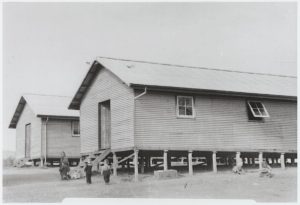 Bonegilla August 1949 (Photo. Nandor Jenes / SLV Pictures H2002.16)
Bonegilla August 1949 (Photo. Nandor Jenes / SLV Pictures H2002.16)
'Many migrants recall arriving lonely and confused, unsure of where they were going and what they would be doing. Others saw Bonegilla as a place of hope, symbolic of a new start. In December 2007, Bonegilla Migrant Reception and Training Centre - Block 19 was recognised as a place with powerful connections for many people in Australia and a symbol of post-war migration which transformed Australia's economy, society and culture under the National Heritage List.Today, Block 19 is a public memory place. The site and its associated oral, written and pictorial records in the Bonegilla Collection at the Albury Library/Museum bring to light post-war immigration policies and procedures that changed the composition and size of the Australian population.' [Bonegilla Migrant Experience website, access. 6 Oct 2018.]
How do I say it?
"Depending on your cultural connection with Bonegilla, there are a number of ways to pronounce it. To many locals, it’s strictly ‘Bone - Gilla’ but to immigrants arriving from Europe after World War II, the word was often read as ‘Bonny-Gilla’ or ‘Bon-Eg-Illa’." Passport for Bonegilla, Bonegilla Migrant Experience website.
***
The GSV hosts a group which helps its members with an interest in non-British research: International Settlers Group. On 17 November their presentation is 'Andiamo - a Celebration of my Italian Family History' presented by Angelo Indovina. You can find out more about this group on the GSV website https://www.gsv.org.au/international-settlers-group


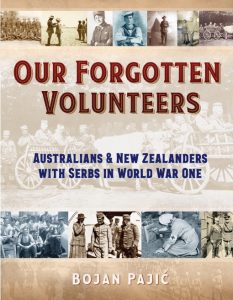 The GSV has been assisting Bojan Pajic to trace and contact descendants and relatives of Australians and New Zealanders who served in Serbia or alongside the Serbian Army on the Salonika Front and nearby seas in World War One. Over 100 have been identified and contacted.
The GSV has been assisting Bojan Pajic to trace and contact descendants and relatives of Australians and New Zealanders who served in Serbia or alongside the Serbian Army on the Salonika Front and nearby seas in World War One. Over 100 have been identified and contacted.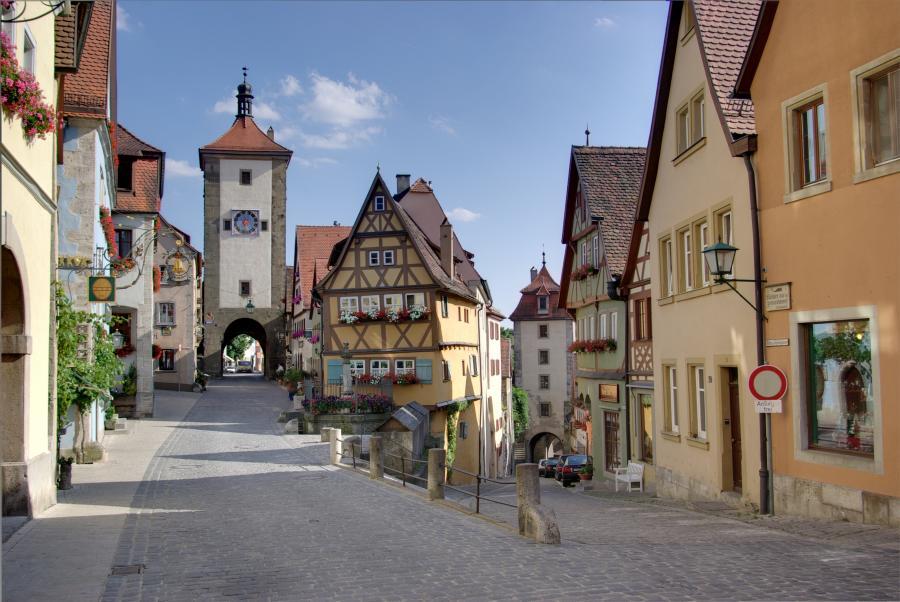
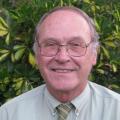
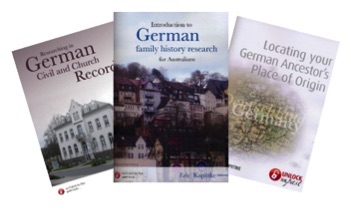
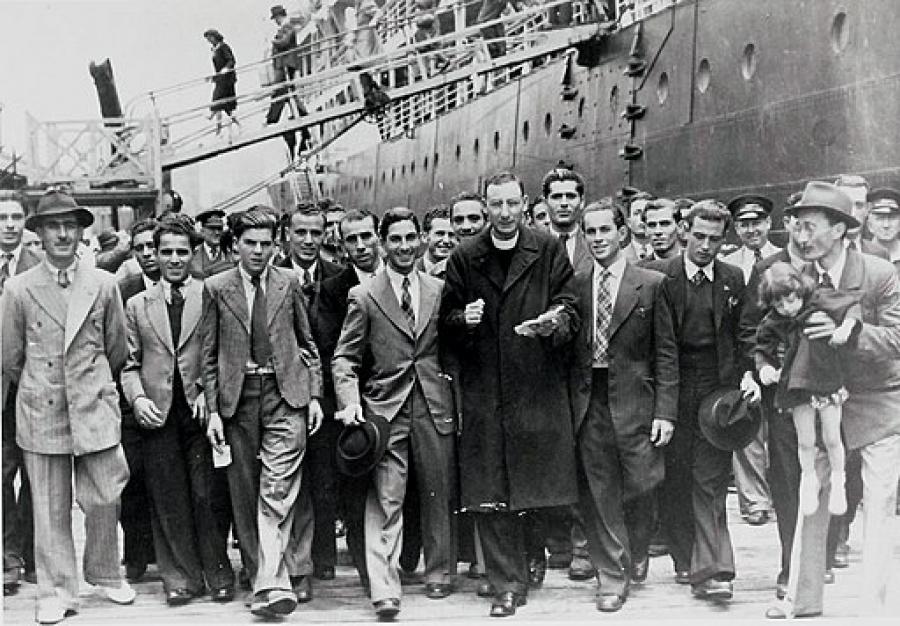
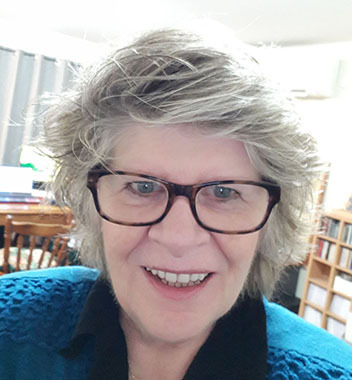 Susie started researching her own family history back in 1965 and has worked as a genealogist, historian and researcher since 1990. She completed an Associate Diploma in Local and Applied History at the University of New England (Armidale, NSW) in 1996 and has been working in the area of the built Heritage since 1996.
Susie started researching her own family history back in 1965 and has worked as a genealogist, historian and researcher since 1990. She completed an Associate Diploma in Local and Applied History at the University of New England (Armidale, NSW) in 1996 and has been working in the area of the built Heritage since 1996.